|
The most common reason dogs drag their bottom is inflamed anal gland. Anal glands are sacs located just below a dog’s tail that collect a fluid from the animal’s body. Historically, the excretion of bulky feces pressed against the anal sac during defecation and resulted in a natural squeezing out of the waste liquid during elimination. However with more complete absorption of modern pet foods and correspondingly smaller stools, the anal sac is often not pressed during bowel movements and so periodically needs assistance from humans to “express” or squeeze the over-full sac to remove this fluid. This is an especially putrid liquid so we recommend leaving this task to the groomer, or in severe cases, to your veterinarian. We do provide anal gland expression for free with our Mobile Dog Grooming Services. Other less common reasons are ringworm, fleas or food allergies that causes itchiness. Do look out for bleeding, swelling or lump at the anus area as well if your dog start scooting as it may indicate sometime more serious that require immediate attention. Annual check-up with the vet is a good way to keep them safe and healthy. Early recognition of problem can save your pets life, let’s prevent it rather than cure it! By Sylvester (The Precious Pets Care Services)
5 Comments
First of all, we need to understand that cats are just like us human, we lose hair everyday so do they. It is impossible to prevent them from shedding but is possible to manage and lessen the amount shedding on them. Generally, Cats are more likely to shed during warmer weathers and heavy shedding can be expected once to twice a year. Other common reasons that causes a cat to shed more can be due to lack of nutrition, under stress, effects of medication, nervous disorders, skin infection, allergies and parasites. For a healthy cat, we recommend brushing of their coat on a regular basis and De-shed when necessary to reduce shedding. With adequate proper brushing of their coat, you will experience less loss hair around your home. You know your cat the best! Bring them for a health checkup if you think that there could be other reasons for their fur loss. As a Pet Lover, we must learn to understand their needs. Give them a good brush when needed. Clip their nails when it’s too long. Clean their ears when it’s dirty etc. Engage a professional if you face difficulty doing it by yourself —-> Mobile Cat Grooming Services Show them our love and do our part in keeping them healthy and happy. They will live a long life! By Sylvester (The Precious Pets Care Services)
Guinea pigs, also called as cavies, are a domesticated species of rodent. They were originally native to South America. Their average lifespan is 4 to 8 years. They weigh about 700g to 1.2kg and length is approximately 20cm to 26cm. Guinea pigs diet include pellets, hays, fresh vegetables, vitamins and water. Generally, guinea pig is a gentle, docile, rodent.
Ask Yourself This Few Questions: 1. Am I acquiring a guinea pig on impulse? 2. Do I have sufficient time for one? 3. Can I afford to pay for their living and medical expenses for up to 8years? 4. Am I allergic to guinea pig? Having a pet is a Long-Term Commitment, do consider carefully before making the decision on one. By Sylvester (The Precious Pets Care Services)
If you are already the owner of a rabbit or two, you know how fun and full of personality they can be. But it's hard to know what they are thinking or feeling since rabbits can be hard to read and have many different ways of expressing themselves. Here's some insight into the language of bunnies: Fish Flop ("Life is good"): When a rabbit dramatically gets into resting position by suddenly 'flopping' onto their side. If your bunny fish flops, it means that he is relaxed and ready to nap. Fish flops tend to look like a sudden and dramatic death, but there's no need to be concerned. Binky ("I'm excited about life!"): An energetic movement where a rabbit hops up in the air, kicks out his legs and perhaps a little twist. If your rabbit binkies, it means that he is happy, excited and probably has a lot of energy. Grunting ("Back off!" or "Leave me alone!"): Sometimes accompanied by a lunge or a thump, your bun is letting you know his disapproval of your actions. Honking ("Hey, baby"): Often accompanied with circling; it's part of the courting process. Circling ("Let's get married and have babies"): Simply put, this is courting behavior. Mounting ("Let's make those babies now" or "I'm in charge here!"): Depending on the situation, this is done for domination or simply because the mounter wants to mate. Teeth Clicking or Soft Teeth Grinding ("That feels good and makes me happy"): Typically done when being pet in a way that pleases your bunny. LOUD Teeth Grinding ("I'm in severe pain"): Something is very wrong; time to get bunny to your bunny vet immediately. Chinning ("MINE"): Kind of like a cat will rub its face on people or objects, this is your bunny's way of 'claiming' things...or you Back Kicking ("You're dead to me"): Flicking both back legs out as if kicking dirt onto you while hopping away. This is pretty much the equivalent of your bunny giving you the finger. Or kicking dirt at you. Licking ("I love and trust you" or "You're filthy, let me clean you"): Licking is either done out of affection or for grooming. Nose-nudging ("Pay attention to me" or "Get out of my way"): May be a request for pets or he wants you to get out of his way. Pulling out fur ("I must prepare a nest" or "Something is wrong"): Unaltered females do this when they go into heat. They pull fur from their dewlap (the extra fat under their chin, I call it a 'built-in pillow') when they are ready to start nesting for babies. Unaltered females will do this whether they are pregnant or not. To ensure your bunny has a long, healthy life, it is important to get them neutered or spayed. If your bunny is pulling fur out that is not for this purpose, take him to a rabbit savvy vet in your area. Nipping ("Pay attention to me NOW" or "Stop that"): This may be used as a warning, a demand for attention or sometimes during grooming. Spraying ("This is my territory"): Typically done by unaltered rabbits, or sometimes done when in a new environment, especially one with other pets. Thumping ("The British are coming!" or "Leave me alone"): One solid thump that may happen in intervals. This means that your bunny hears, smells or sees something that he feels is a threat, so he is letting everyone know there is a danger afoot. Or he may thump to show displeasure with you. Loafing ("I'm just resting, but can take off at a second's notice" or "I'm uncomfortable"): Your rabbit looks like a nicely rounded loaf of bread when sitting in this position. Ears Back: ("I'm not listening" or "I don't like that"): You should be able to tell if your rabbit is tense or relaxed when his ears are in this position. If he is on the offense and tense with ears back, give your rabbit some space to cool down. Ears Up ("I'm 100% listening"): Your bunny is alert and in-tune to whatever it is he is listening to. One ear back, one forward ("I'm may or may not be listening"): Your bunny is pretty much indifferent when his ears are in this position. Tail wagging ("You can't make me!" or "I'm going to attack!"): Typically signifies defiance and sometimes done right before a spray. This may also mean your rabbit is feeling aggressive or 'frisky'. Upright tail ("I'm excited!" or "Let's play!"): Your bun is happy/excited and ready to play! Lowering head ("Groom me"): The dominant rabbit will lower his or her head to another rabbit, demanding to be groomed. Sometimes this is a power struggle of both rabbits lowering their head to the other, wanting to be groomed/loved. This is also a sign of submission. Playing ("weeeee!"): Rabbits love to play by tossing objects around, chasing one another, or playing hide & seek. Lunging ("I feel threatened and must defend myself"): This sometimes happens when you are reaching into your bunny's living space, or doing something that makes him feel unsafe. One way to help ease your bunny's fears, is to put your hand on his head and talk gently to him as you do what you need to do in his space. Rabbits typically don't like their stuff moved or cleaned (they like their stuff to smell like them), so if you are cleaning or tidying bunny's living space and it upsets him, you can always put him in a different area while you do the necessary. Screaming ("I'm in agony" or "I'm terrified that my life is in danger"): This rabbit either needs to be taken to a vet right away (if in pain), or needs soothed with soft talking. He should also have a spot that makes him feel safe where he can hide. Territory droppings ("I must let the world know that this is my space"): When a bun leaves a few turds in a designated spot or all over, this is territory marking and typically stops with neutering/spaying. https://www.allthingsrabbit.com/bunny-language
A recent study carried out by the Royal Veterinary College, revealed the most common canine conditions seen by vets. The most common canine conditions:
Of these common canine conditions, the three disorders that had the highest impact on their welfare was:
Dental disease is another painful and debilitating condition. Bacteria within the mouth can lead to heart and kidney disease which in some cases can be fatal. What can we do to help?
By Author Caroline Clark
https://www.peteducationandtraining.co.uk/articles/dog/common-canine-conditions/ Breed of cat, environment and genetics are the three most significant factors to influence the aging process and life expectancy of your beloved feline. While a cat's life expectancy will change depending upon the contribution made by each one of these variables, a well-cared for house cat ought to live to at least the age of fifteen. It's not unheard of, however, for a cat to live perhaps even longer and there are records of pet cats living to the distinguished, gray-haired age of thirty! Just like humans, cats live the longest on a high-quality nutritious eating plan. As cats grow older, their nutritional needs change and it's really important to feed them an appropriately balanced diet. Regardless of the recent scare regarding contaminated cat food made with ingredients imported from China, nearly all domestic cat food brands are now considered safe. These are readily available in a variety of formulations corresponding to specific phases in a cat's life and are generally well liked by cats. If you're concerned about food safety, you can always make you own cat food at home. No matter if you pick a national brand or make your own food, it's important not to overfeed your pet so it can maintain a healthy and balanced body weight. Human beings and cats have other things in common, as well. Physical exercise is part of a healthy life style for both cats and people. One way to keep your cat healthy and fit is to allow it some time outside each and every day. Indoors, give your cat a scratching post and a selection of playthings. Setting aside some time to have fun with your pet cat every day is an excellent way to improve your own quality of life and provide your cat the exercise it needs to stay healthy. Another method to help a cat live longer originally came as a unexpected surprise to me. Just before signing off, Bob Barker, the ex - host of the Price is Right, the well known television game show, used to remind his viewers to spay or neuter their cats. Although Barker's motivation was most likely to help reduce the number of wayward cats and dogs wandering the streets of L.A., it turns out that spaying or neutering your cat may actually boost its life span. Although the data on this don't lie, it's not precisely obvious why the concept works. Some believe a fixed cat will remain much closer to home, minimizing its vulnerability to disease and other hazards. Don't forget, a good relationship with a qualified veterinarian is a must should your cat ever is in need of the care of a veterinarian. Periodic trips to the veterinarian, even if there's no urgent reason, can extend the life of your cat by many happy years. As a result, make the effort to locate a veterinarian close to you. Friends or family members can sometimes make a suggestion, but if you've recently moved or don't know another cat owner you can turn to, check your on-line yellow pages for a directory of certified vets where you live. Pet Article courtesy of http://pet-articles.blogspot.com.
|
The Precious pets“Some things just fill your heart without trying” Archives
October 2019
Categories |
Copyright © 2010-2023. All Rights Reserved. | The Precious Pets | +65 9697 3337 | Terms Of Service | support@thepreciouspets.com
He has made everything beautiful in it's time

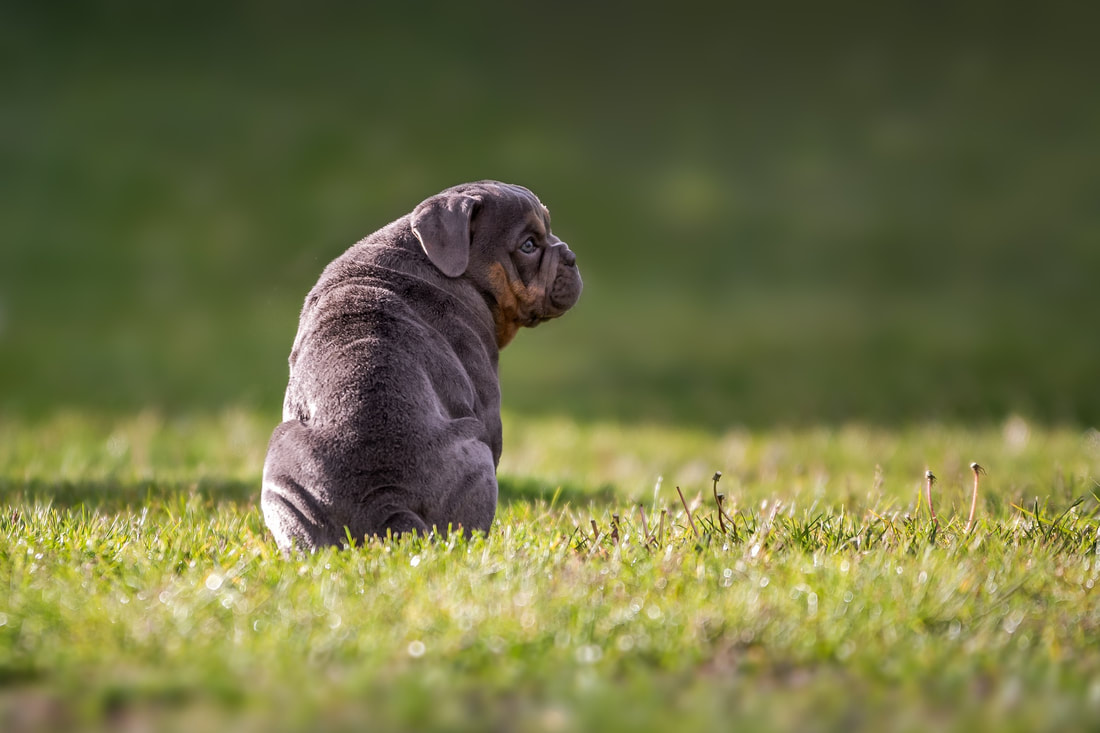
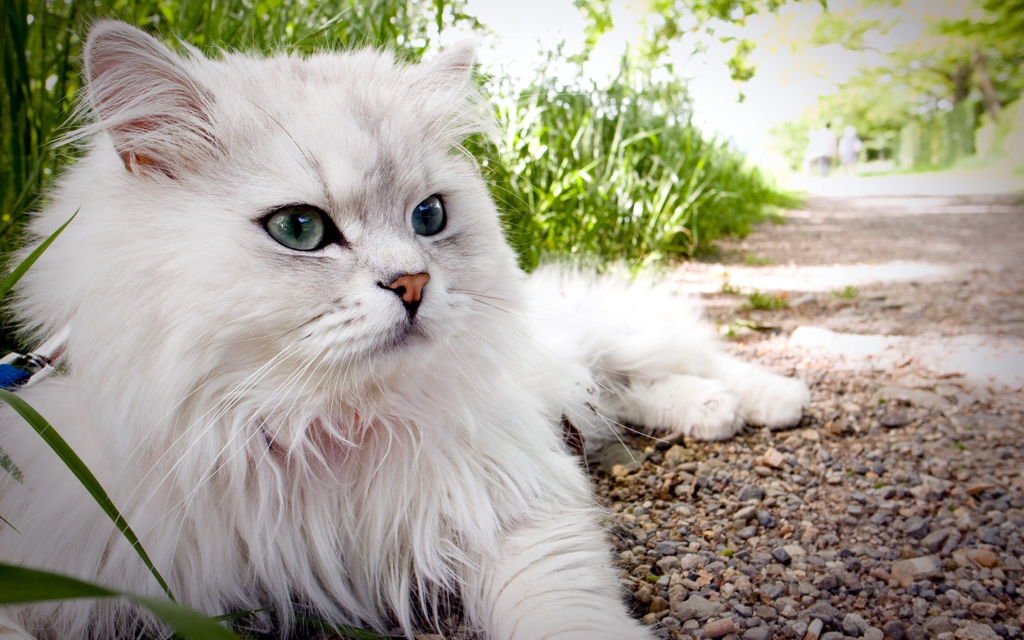
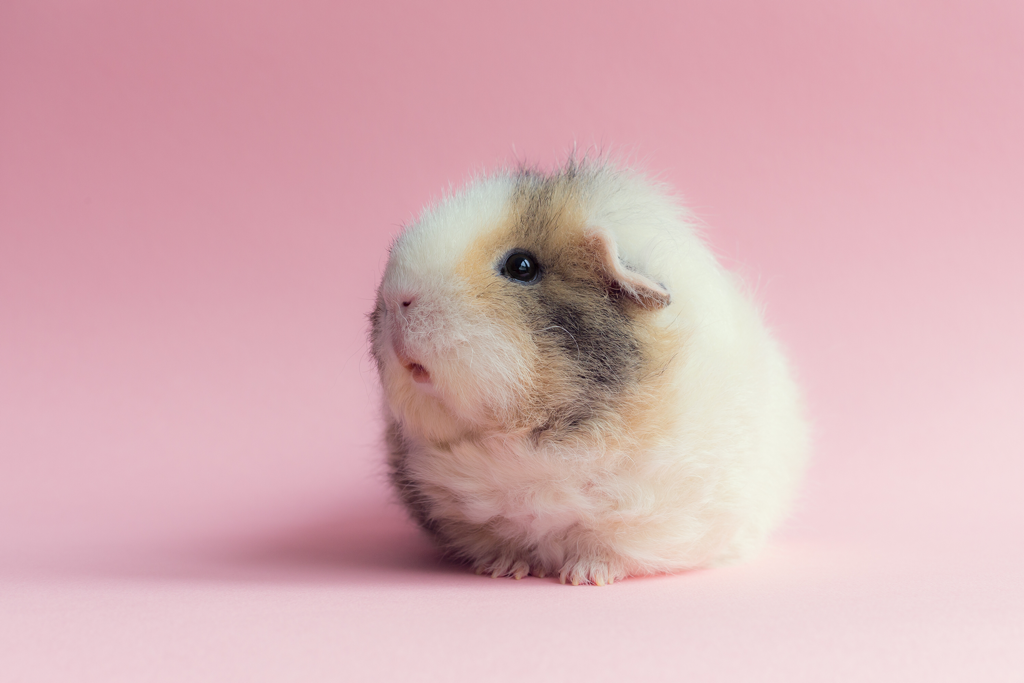
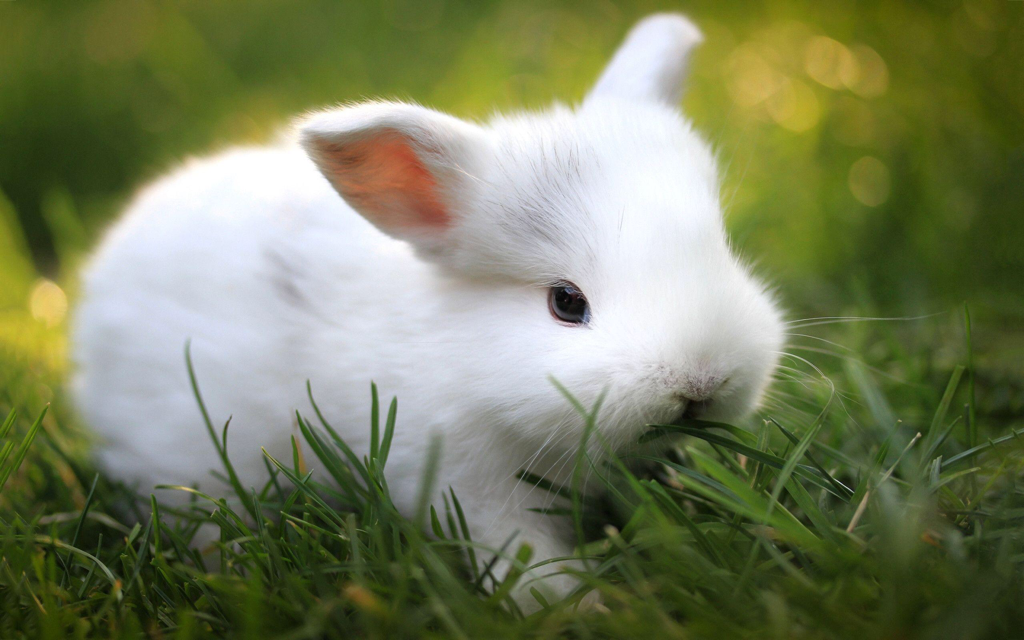
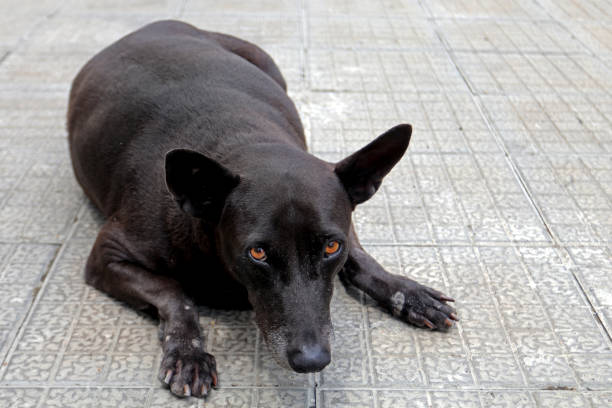
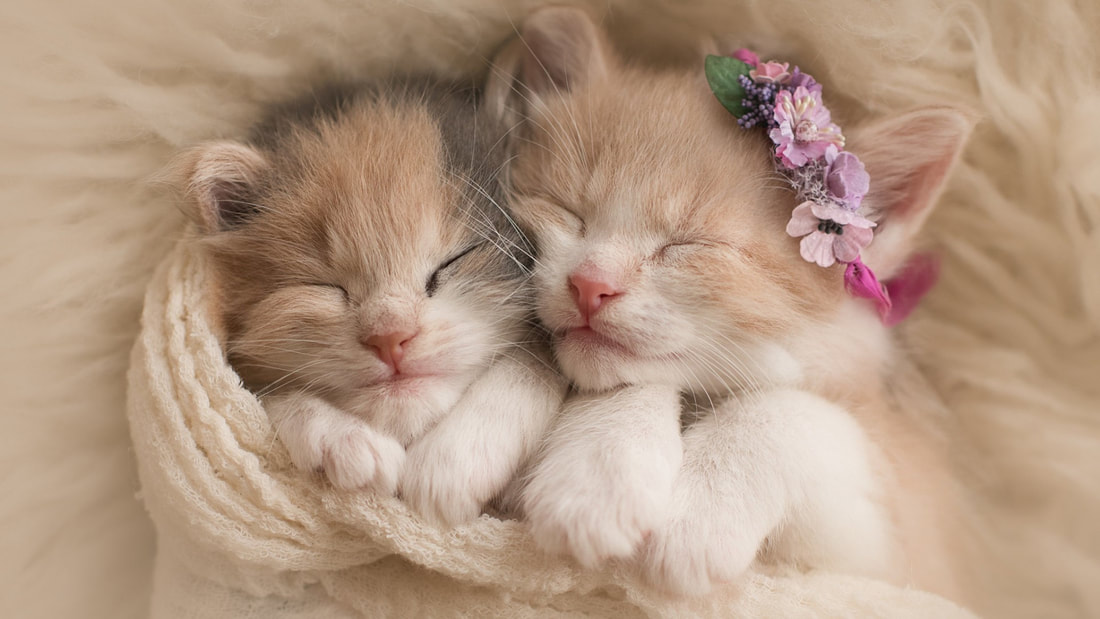
 RSS Feed
RSS Feed